-
×
 Scientific Diode Laser Hair Removal for Hands and Arms
₨ 35,000
Scientific Diode Laser Hair Removal for Hands and Arms
₨ 35,000 -
×
 HYDRA FX MOISTURIZING CREAM (SODIUM HYALURONATE, CERAMIDES) 60gm
₨ 949
HYDRA FX MOISTURIZING CREAM (SODIUM HYALURONATE, CERAMIDES) 60gm
₨ 949 -
×
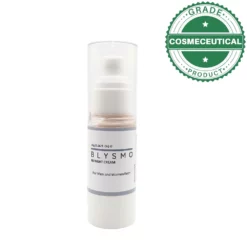 BLYSMO BB NIGHT CREAM FOR MEN AND WOMEN BOTH 30g
₨ 2,450
BLYSMO BB NIGHT CREAM FOR MEN AND WOMEN BOTH 30g
₨ 2,450 -
×
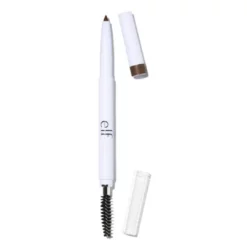 E.L.F INSTANT LIFT BROW PENCIL INDARK BROWN 0.18g
₨ 3,980
E.L.F INSTANT LIFT BROW PENCIL INDARK BROWN 0.18g
₨ 3,980 -
×
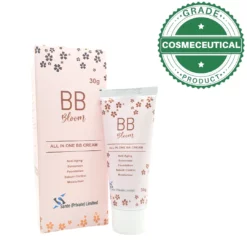 BB BLOOM ALL IN ONE BB CREAM 30g
₨ 1,599
BB BLOOM ALL IN ONE BB CREAM 30g
₨ 1,599 -
×
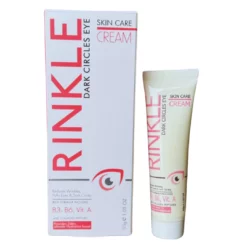 RINKLE SKIN CARE 20g | DARK CIRCLES EYE CREAM
₨ 1,350
RINKLE SKIN CARE 20g | DARK CIRCLES EYE CREAM
₨ 1,350 -
×
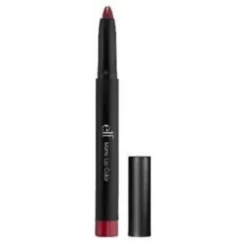 CRIMSON DUSK MATTE LIPSTICK E.L.F 1.4g
₨ 3,183
CRIMSON DUSK MATTE LIPSTICK E.L.F 1.4g
₨ 3,183
You may be interested in…
-
Add
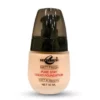 Christine Liquid Foundation Matte Finish Fair ll-00 (40ml)
Rated 4.55 out of 5(11) ₨ 899
Christine Liquid Foundation Matte Finish Fair ll-00 (40ml)
Rated 4.55 out of 5(11) ₨ 899 -
Add
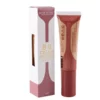 MISS ROSE BB CREAM IN BEIGE 1 - 40g
Rated 4.79 out of 5(14) ₨ 540
MISS ROSE BB CREAM IN BEIGE 1 - 40g
Rated 4.79 out of 5(14) ₨ 540







